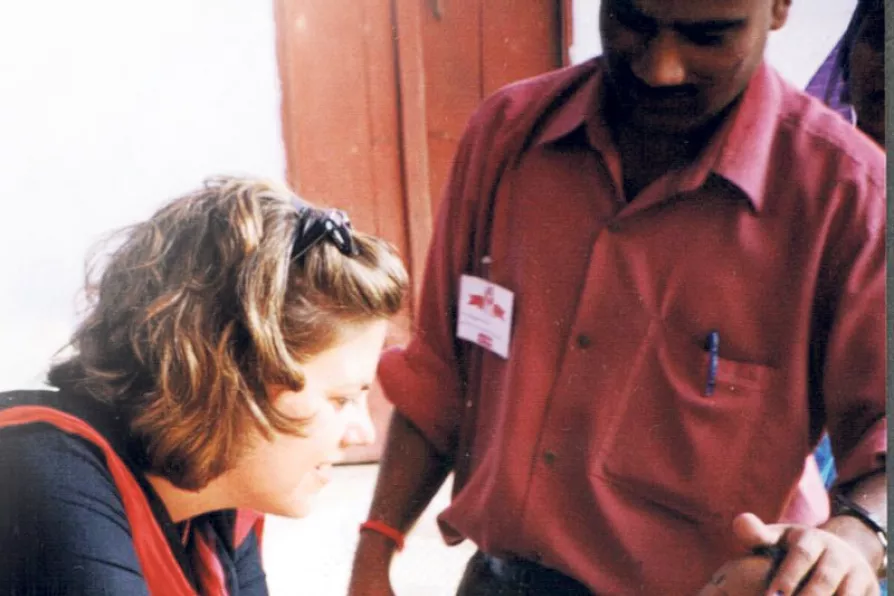As tens of thousands return to the streets for the first national Palestine march of 2026, this movement refuses to be sidelined or silenced, says PETER LEARY

 The polio vaccine being given orally in India
The polio vaccine being given orally in India
ERADICATION is the final frontier in suppressing disease. Once truly eradicated, a disease is no longer a threat to people because there are simply no reservoirs of “wild” viruses left to infect anyone. If it were an organism, the virus would be called extinct in the wild. Eradication is extremely ambitious. Only two diseases have ever been globally eradicated by humans — smallpox in 1980 and rinderpest (a disease of cattle) in 2011 — but finally polio is on the brink.
Over the past 40 years, a worldwide public-health campaign has administered billions of doses of oral polio vaccine, bringing the number of cases of wild poliovirus down from about 400,000 cases per year in 1980 to just 33 last year.
In 2018, Pakistan and Afghanistan were the only two countries in the world to report cases. The final stages of eliminating a disease are the hardest and require the most intense effort because stopping the last few infections is crucial to stop the disease bouncing back. Understandably, near-elimination is also the time when people are most likely to take their foot off the gas, because the disease is no longer such a noticeable problem.

New research into mutations in sperm helps us better understand why they occur, while debunking a few myths in the process, write ROX MIDDLETON, LIAM SHAW and MIRIAM GAUNTLETT

A maverick’s self-inflicted snake bites could unlock breakthrough treatments – but they also reveal deeper tensions between noble scientific curiosity and cold corporate callousness, write ROX MIDDLETON, LIAM SHAW and MIRIAM GAUNTLETT












